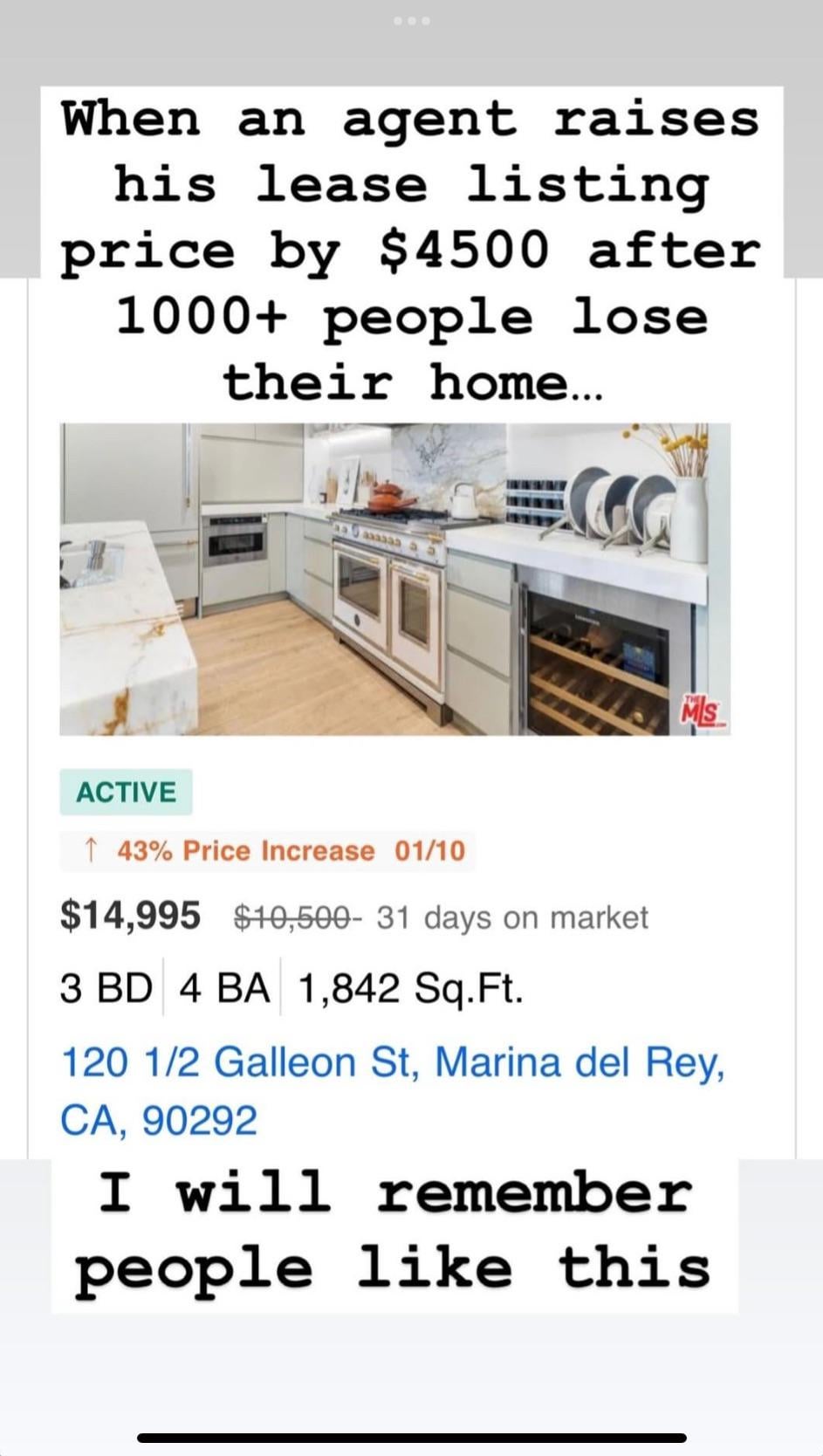Late Stage Capitalism
A place for for news, discussion, memes, and links criticizing capitalism and advancing viewpoints that challenge liberal capitalist ideology. That means any support for any liberal capitalist political party (like the Democrats) is strictly prohibited.
A zero-tolerance policy for bigotry of any kind. Failure to respect this will result in a ban.
RULES:
1 Understand the left starts at anti-capitalism.
2 No Trolling
3 No capitalist apologia, anti-socialism, or liberalism, liberalism is in direct conflict with the left. Support for capitalism or for the parties or ideologies that uphold it are not welcome or tolerated.
4 No imperialism, conservatism, reactionism or Zionism, lessor evil rhetoric. Dismissing 3rd party votes or 'wasted votes on 3rd party' is lessor evil rhetoric.
5 No bigotry, no racism, sexism, antisemitism, homophobia, transphobia, ableism, or any type of prejudice.
6 Be civil in comments and no accusations of being a bot, 'paid by Putin,' Tankie, etc.
view the rest of the comments

Totally get how you thought I was using price speculation as justification for landlords, but I was actually trying to make the opposite point. I bought this house because I wanted to own my own home, and I couldn't afford a single family home, but could half a duplex that was in such a state of disrepair when I bought it that it took me calling 12 insurance companies before one would underwrite it. It's now one of the nicer houses on the block. The point I'm trying to make is this was a terrible financial decision - I probably earned under minimum wage for the time I put into property maintance and would have earned more on the money in other investments. It's one of the only homes I could afford on the working class salary I was earning (granted, ~10 years ago).
The eminent domain strategy is an interesting one, but one that has a lot of flaws. For example, under the plan you listed I wouldn't get enough money back to pay off my mortgage with the bank - expanded economy wide, that would lead to mass lay offs across the banking sector. I could see how you might like that long term (less people working in banking), but we'd need to account for it in the short term or it would spiral the country into a recession like 2008. The house I own in is in an area not many people want to live long term and prefer renting - it's mainly graduate students and young professionals planning on moving in a few years. And how do you deal with the politics of it - the vast majority of the country, right or wrong, would never support a plan like that. And when I talk about affording it, I'm not just talking about the upfront costs. Most of my renters over the years putting down the first months payment takes some saving. I've been pricing out a new furnance and AC, and it'll run me over $8k. They couldn't afford that one time cost to keep the house maintained. These are just a couple points that could all be addressed, but mainly sharing because there are dozens more that would also need addressing and to point out that there is no simple solution to this problem.
Yeah maybe that's a bit extreme. I don't think the debt bubble would cause a bank collapse, we've had people get caught underwater before and a reduced price eminent domain would be similar to TARP in 2008. But we really do need to reign it in. And that's going to involve some people taking a bath on their loans. It's the one inescapable problem of solving housing inflation. There's always going to be X number of people who bought recently and will end up underwater. And the two answers are the government subsidizing their loan and the government forcing a sale where they would recover most of the loan. Legislation that isn't just another subsidy would likely subsidize the loan on a primary residence and force a sale to the government on other properties that are underwater and unable to be refinanced.